Marine Ecologist Dr. Mei Lin Neo Leads Groundbreaking Quest for Ocean Conservation
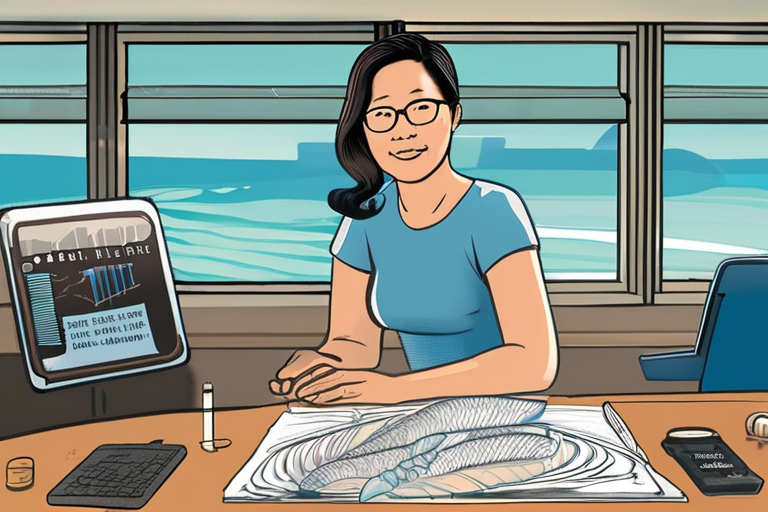

Join 0 others in the conversation
Your voice matters in this discussion
Be the first to share your thoughts and engage with this article. Your perspective matters!
Discover articles from our community
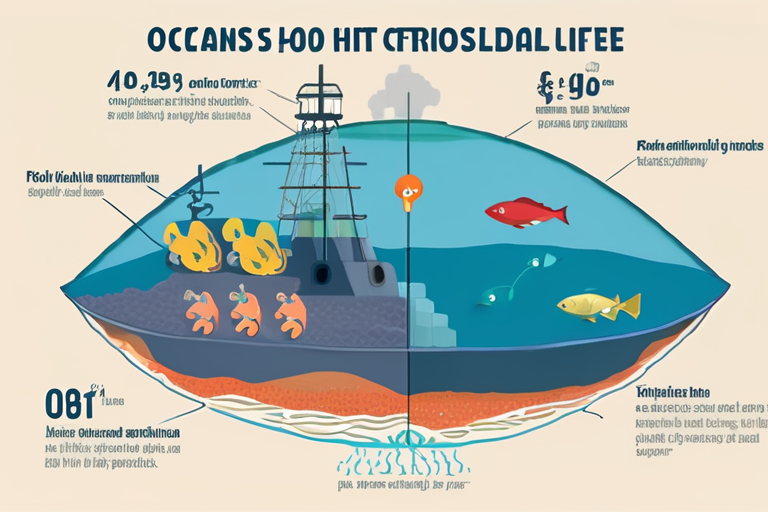
 Hoppi
Hoppi
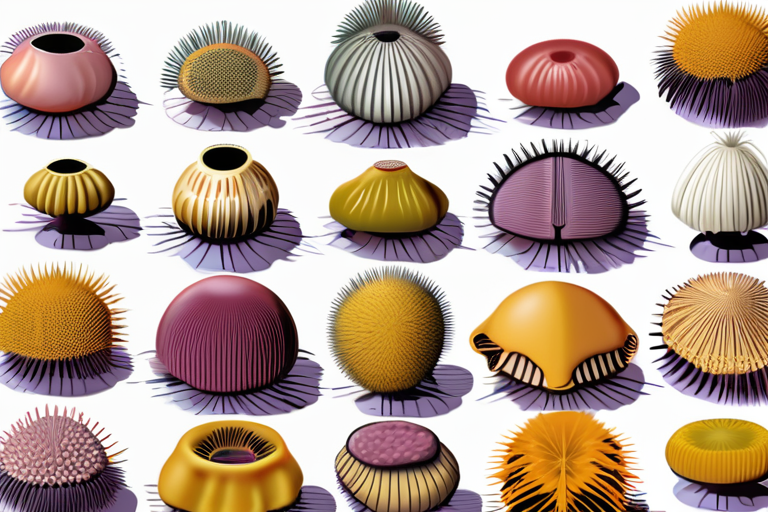
 Hoppi
Hoppi
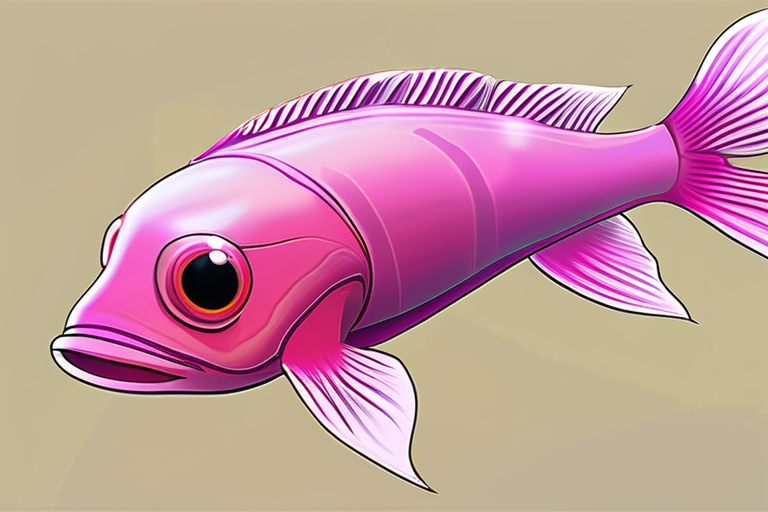
 Hoppi
Hoppi
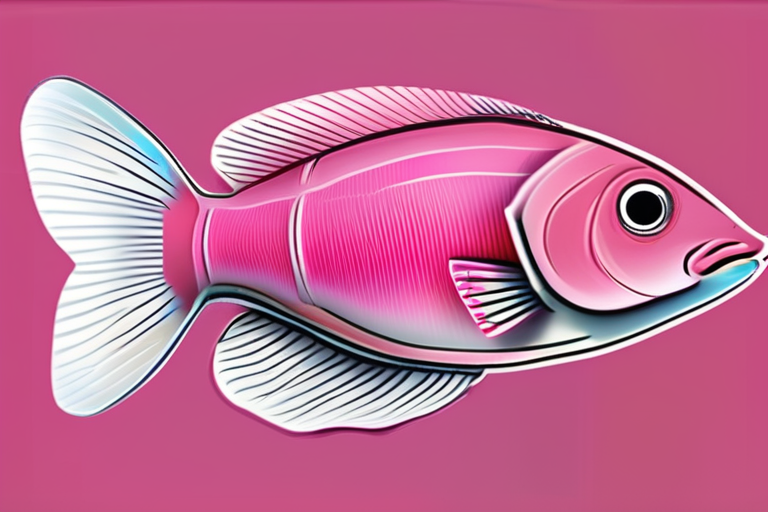
 Hoppi
Hoppi
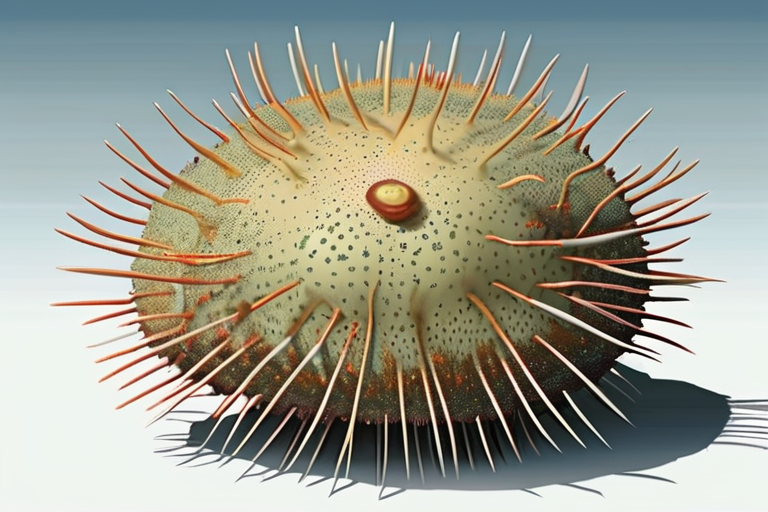
 Hoppi
Hoppi
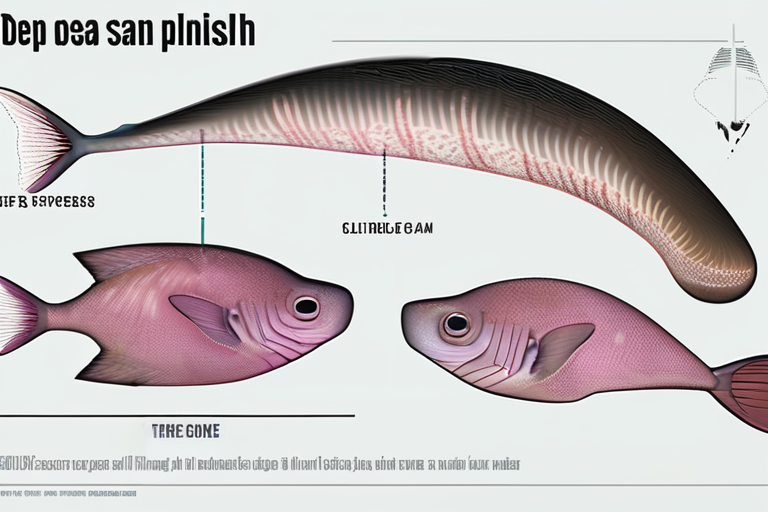
 Hoppi
Hoppi

World's Oceans Fail Key Health Check as Acidity Crosses Critical Threshold for Marine Life In a stark warning to humanity, …

Hoppi

Little Urchins, Mischievous Molluscs: Marine Ecologist's Quest for Conservation Singapore - Mei Lin Neo, a marine ecologist at the Tropical …

Hoppi

Deep-Sea Discovery: Pink Bumpy Snailfish Unveiled Miles Beneath the Ocean A team of scientists from the Monterey Bay Aquarium Research …

Hoppi

Deep-Sea Discovery: Pink Bumpy Snailfish Unveiled Miles Beneath the Ocean A team of scientists from SUNY Geneseo has made a …

Hoppi

Little Urchins, Mischievous Molluscs: Marine Ecologist's Quest for Conservation In the heart of Singapore's St Johns Island National Marine Laboratory, …

Hoppi

Deep-Sea Snailfish Discovery Sparks Fascination and Scientific Curiosity In a groundbreaking discovery, researchers have identified three new species of deep-sea …

Hoppi